THCV is a cannabinoid but it's not the same thing as THC. While lesser-known than its more famous counterpart, THCV holds a range of therapeutic potential that may just make it your new favorite cannabinoid.
What is THCV?
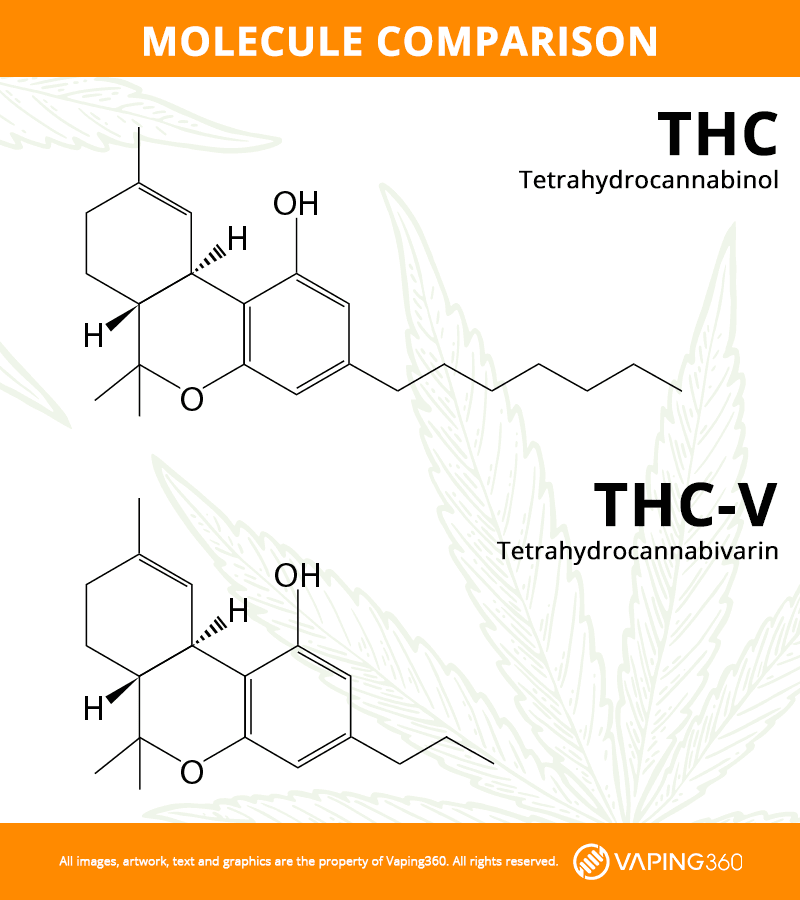
THCV, or tetrahydrocannabivarin, is a minor cannabinoid—meaning it is found in lower concentrations than the major cannabinoids THC and CBD. THCV can be found in cannabis and hemp plants where it can either be consumed in plant material or taken as an isolated extract, most commonly in oil form.
THCV is slowly starting to gain more visibility, and it is particularly gaining a reputation for its health benefits. It induces its effects on the body through its interaction with cannabinoid receptors CB1 and CB2. These receptors are responsible for the subsequent cascade of effects in the body, depending on their location.
Whether you’re new to cannabis and cannabinoids or are an old hat, THCV has something to offer you.
THCV vs. THC: what’s the difference?
It’s easy to get confused between THCV and THC, and for more reasons than just the one letter separating the two.
THCV and THC share a lot of similarities, especially in structure. In fact, THCV and THC are so similar in structure that their only difference lies in the fact that one has a propyl group while the other has a pentyl group. This difference may not mean much to those unfamiliar with chemistry, but what you need to know is that THCV and THC interact with the cannabinoid receptor CB1 in different ways. Specifically, THC activates CB1, while THCV blocks it—which is also the main reason that THCV is hypothesized to be an appetite suppressant. THCV also has a higher boiling point than THC, so will you need to get THCV to a higher temperature if you plan to use it on a vaporizer.
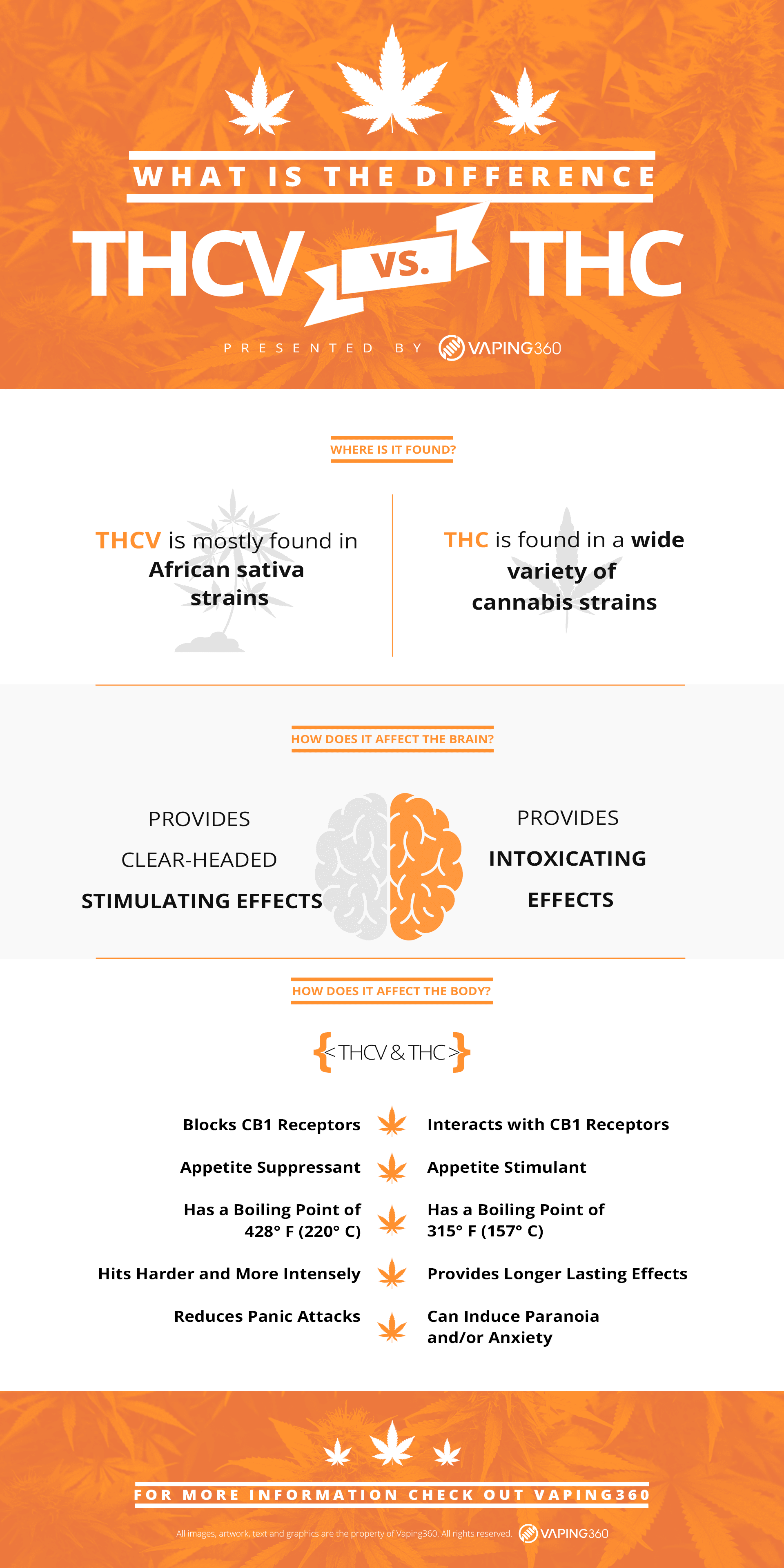
One of the other main differences between THCV and THC is the amount of research into each cannabinoid. THC has been much more thoroughly studied and has many more studies published on it than THCV. This is not to say research into THCV does not exist, but there is far less of it. That said, research published on the effects of THCV is becoming increasingly common.
Another difference between THCV and THC lies in their health benefits. While THCV and THC do share some similar effects, you are likely to experience different health benefits from each cannabinoid.
Does THCV get you high?
Since THCV is so similar in structure to THC, you may be wondering if THCV can get you high. THCV can induce a psychotropic effect, meaning that it can get you high. However, you will need to consume relatively high quantities of THCV before you feel any intoxicating effects. By and large, THC is still the most psychotropic cannabinoid, and the one largely responsible for the infamous high of cannabis.
Potential benefits of THCV
What health benefits can you expect to experience from THCV consumption?
Reduces blood sugar levels
One impressive benefit of THCV is its potential to reduce blood sugar levels. High blood sugar levels are associated with various health issues, placing you at a higher risk of diabetes, stroke, and heart disease. Keeping your blood sugar levels low and stable is crucial to keeping yourself healthy.
One study found that THCV reduced glucose intolerance, increased insulin sensitivity, and restored insulin signaling in genetically obese mice. While this study only involves mice and not human models, it highlights THCV’s potential to treat glucose intolerance and help keep blood sugar levels in check.
Bone growth stimulation
THCV may also stimulate bone growth thanks to its ability to promote the production of new bone cells. Studies have found that THCV can stimulate bone nodules formation and collagen production, meaning that it may meaningfully contribute to bone growth.
Because of this, THCV shows a lot of promise in the treatment of bone-degenerative diseases like osteoporosis, although more research is needed.
Reduces inflammation
One important health benefit of THCV is its ability to reduce inflammation. While inflammation is an important immune response that can help our bodies fight infection and respond to injury, it can also result in pain and heat and contribute to the development of a number of debilitating conditions.
A 2010 study published in the British Journal of Pharmacology found that THCV decreased inflammation and inflammatory pain in mice. This study found that THCV’s anti-inflammatory effects likely occurred through its interaction with the cannabinoid receptors CB1 and CB2.
Strains that are dominant in THCV
While there is an abundance of CBD products on the market, that's not the case for lesser-known cannabinoids like THCV. If the research has convinced you to add THCV to your routine, you can either purchase a THCV extract or look for cannabis strains high in THCV. Strains containing high THCV levels tend to be African sativa strains, so look for these first.
Strains high in THCV:
- Pineapple Purps
- Willie Nelson
- Jack the Ripper
- Red Congolese
- Durban Poison
- Power Plant
- Durban Cheese (a hybrid strain)
The bottom line
It can be easy to confuse THCV for THC, but a quick look at the research tells you that THCV deserves its own spotlight. Containing a range of therapeutic benefits, this cannabinoid may reduce inflammation, help reduce blood sugar levels, and even stimulate bone growth.
While more research is needed into THCV before conclusive claims can be made about its medical viability, the early signs tell us that it is certainly an exciting cannabinoid and one to keep an eye on.
President Trump promised during his election campaign to “save vaping," but his administration has undermined that goal at every turn.
The U.S. disposable vape market has grown to $2 billion in annual sales, although nearly none of the products are authorized by the FDA.
More than 30 bills that would impose severe restrictions vaping consumers’ product choices remain active in U.S. state legislatures.
The Freemax REXA PRO and REXA SMART are highly advanced pod vapes, offering seemingly endless features, beautiful touchscreens, and new DUOMAX pods.
The OXVA XLIM Pro 2 DNA is powered by a custom-made Evolv DNA chipset, offering a Replay function and dry hit protection. Read our review to find out more.
The SKE Bar is a 2 mL replaceable pod vape with a 500 mAh battery, a 1.2-ohm mesh coil, and 35 flavors to choose from in 2% nicotine.

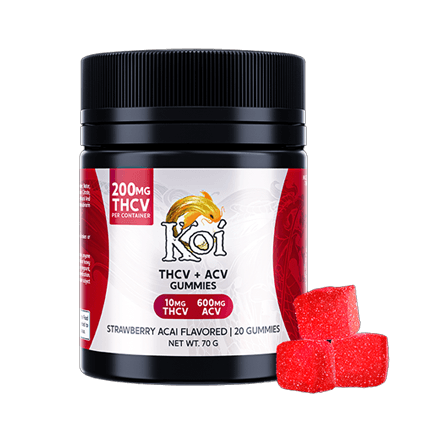








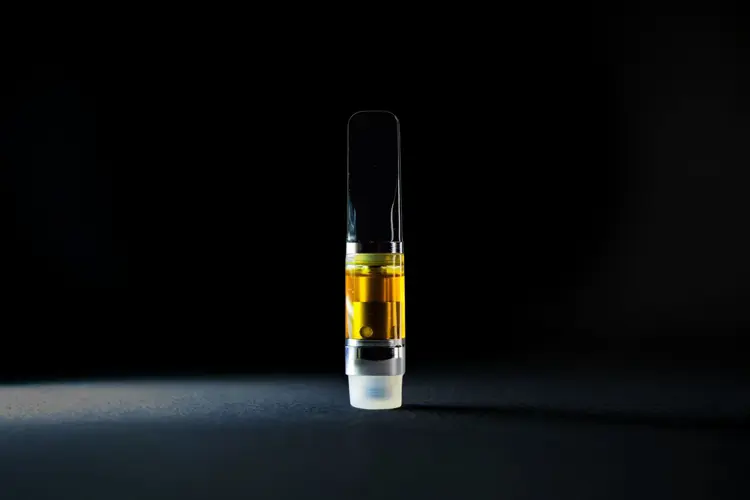


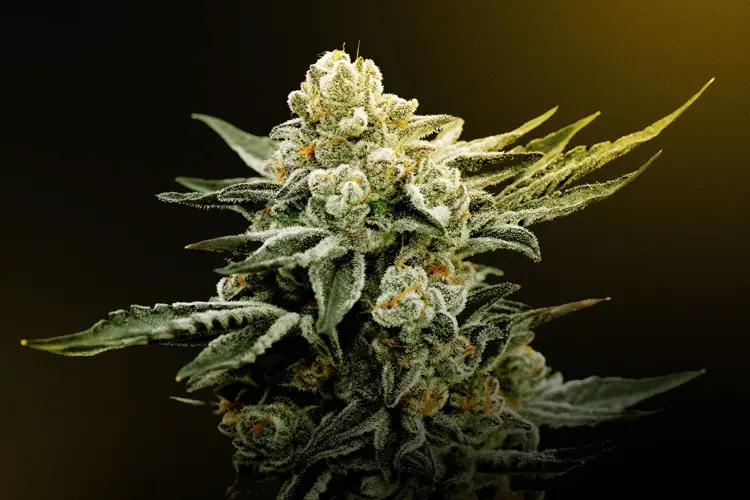






![Image for What Is THC-JD? Legality, Effects, Potency Explored [Update]](https://media.vaping360.com/images/what-is-thc-jd-thumbnail-20a40b517a.webp?imageType=Standard)
